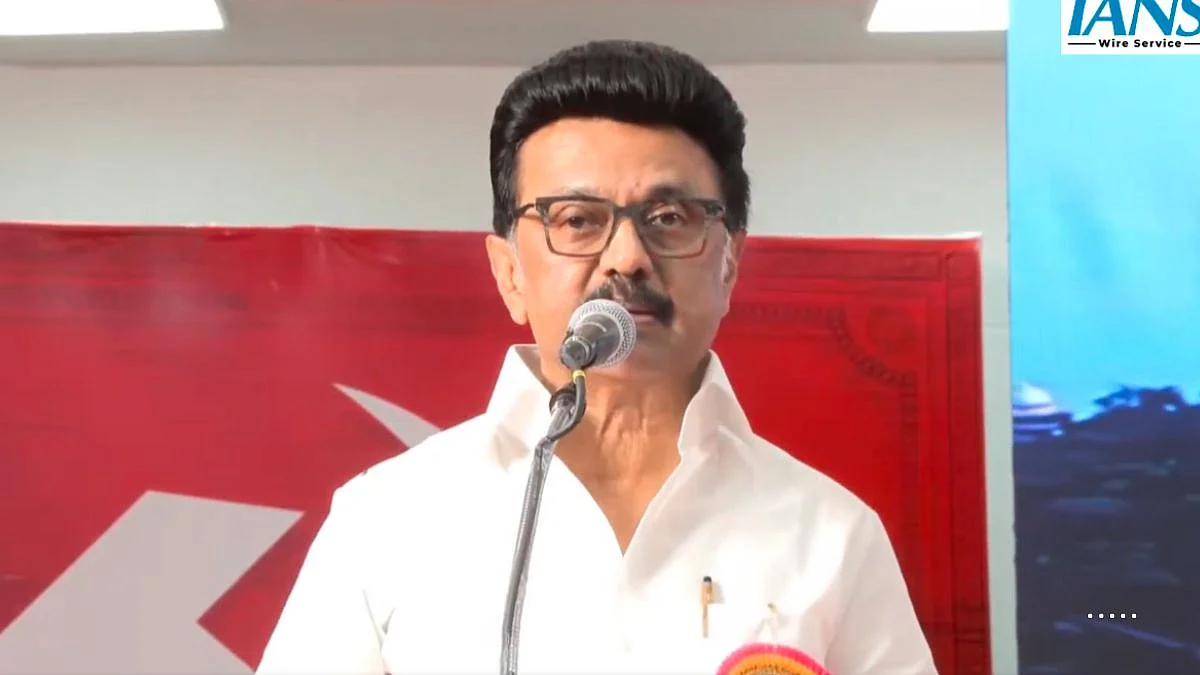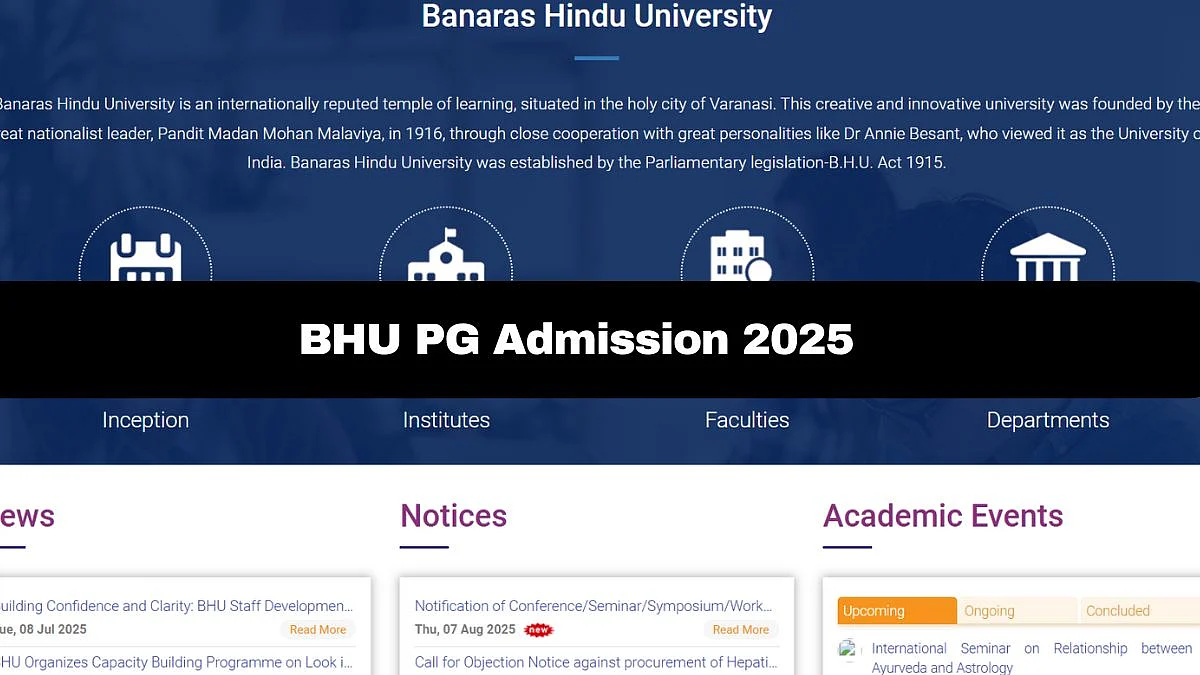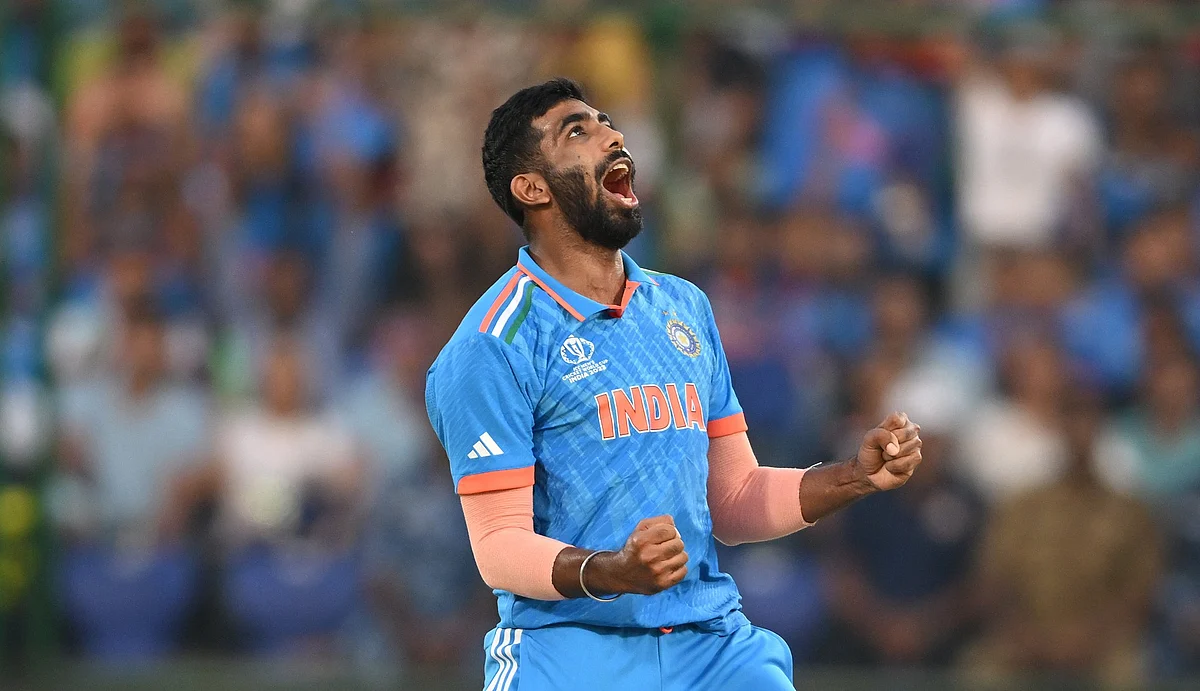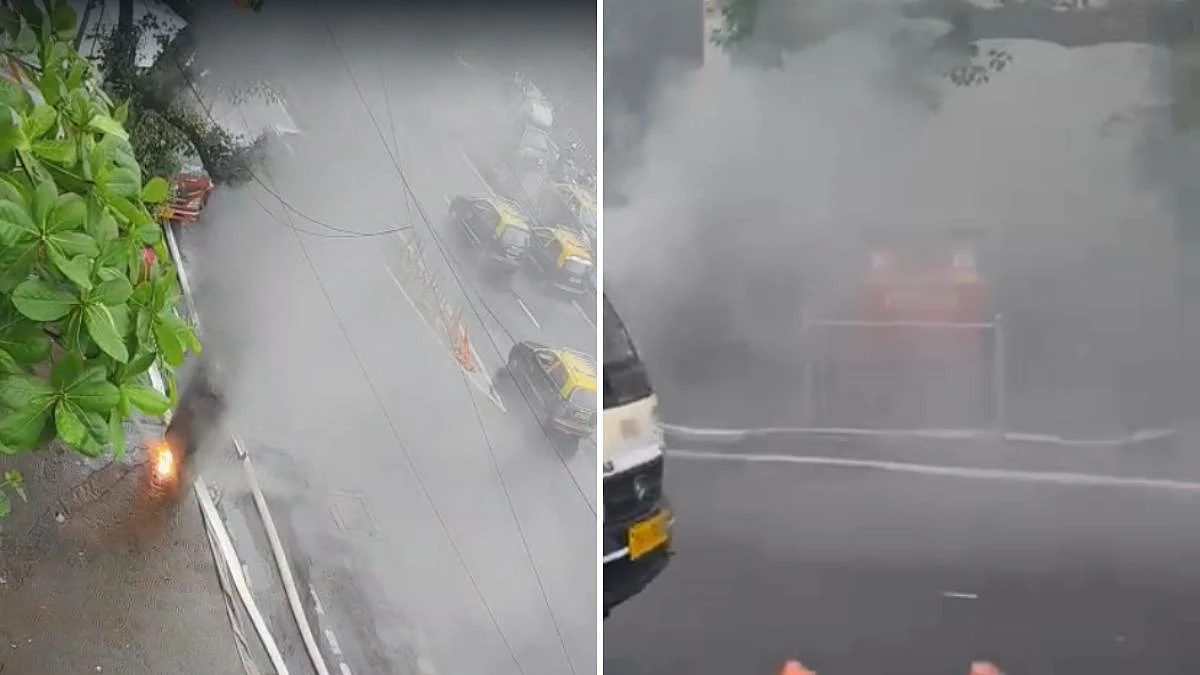Mumbai: In a major policy shift, the Maha Vikas Aghadi government has proposed to make the present syllabus of standard 1 to standard 10 job-centric with a focus on quality education and merit. Emphasis will be put on learning instead of teaching.
The Minister of School Education Varsha Gaikwad made a presentation on January 24 to Chief Minister Uddhav Thackeray and Minister of Tourism Aaditya Thackeray. It was decided that a committee of experts would be set up to draft the syllabus. The change will be made in phases and not at one go.
The department officer said that merely providing infrastructure, teaching-learning material, teaching and non-teaching staff is not adequate for quality education. ''The CM insisted that there is a need for job-centric syllabus, especially given the changing social and economic situation. The textbooks talk of Maratha warrior Chhatrapati Shivaji and Dr BR Ambedkar. However, the new syllabus may include their policies, such as the taxation system, water conservation, afforestation and relief measures during natural calamities. This will help students learn their enterprising nature and how it can help them in the future in their respective professions,'' the officer said.
Further, the department may consider including the role played by Dr BR Ambedkar as water resources minister and his contribution to women empowerment in addition to the Preamble and Constitution of India.
The officer said the teams of five school chiefs and five students each from Pune, Vidarbha, Marathwada, Konkan and North Maharashtra will be sent to Delhi to study the state government's school education model, which will ensure both effective financial management and also better educational standards.
The government's initiative is crucial, especially when the Annual Status of Education Report (ASER) 2018 by NGO Pratham revealed that as many as 19.8 per cent children of Standard 8 could not read standard 2 text. This means one-fifth of the surveyed children are not ready for higher education. Arithmetic proficiency is worse, found the survey.
The report shows that 44.2 per cent children in zilla parishad schools can read standard 2 text as compared to only 33.6 per cent students in private schools. In standard 5, 66 per cent students in zila parishad schools could read a story from the standard 2 curriculum, a jump from 51.7 per cent in 2014. In standard 5, 30.2 per cent children could solve division problems, compared to 20.5 per cent in 2016.











